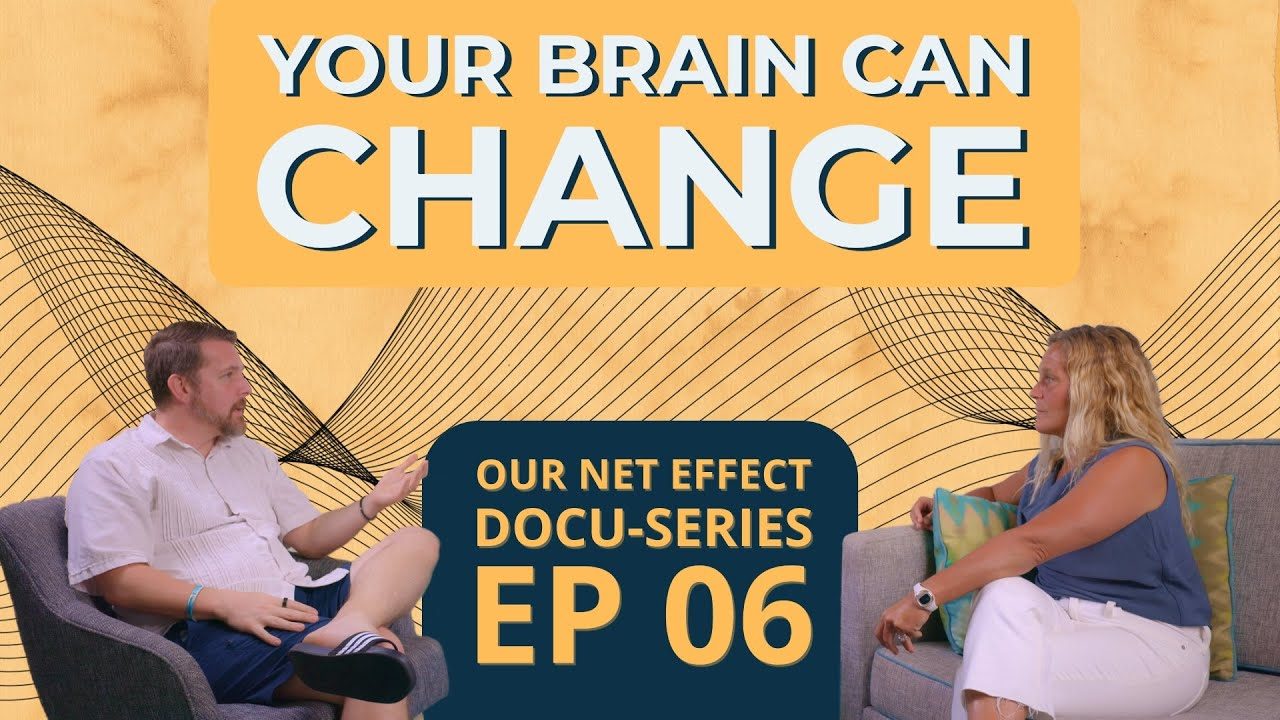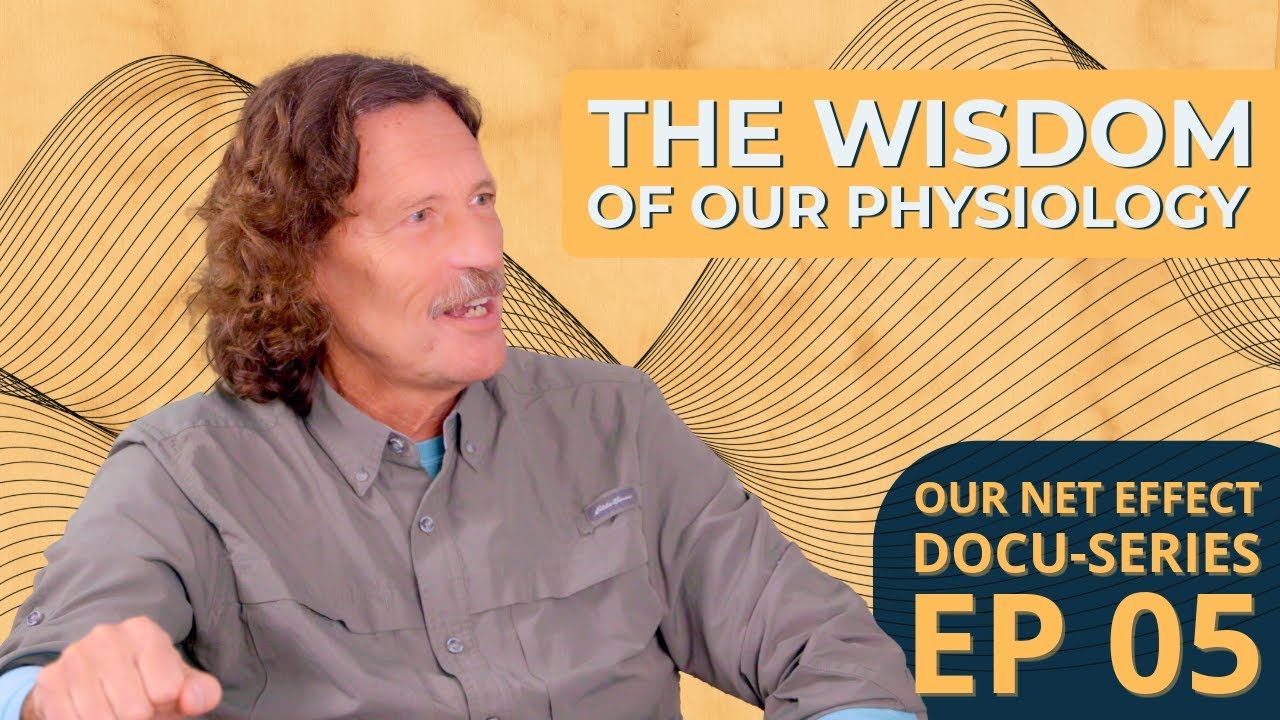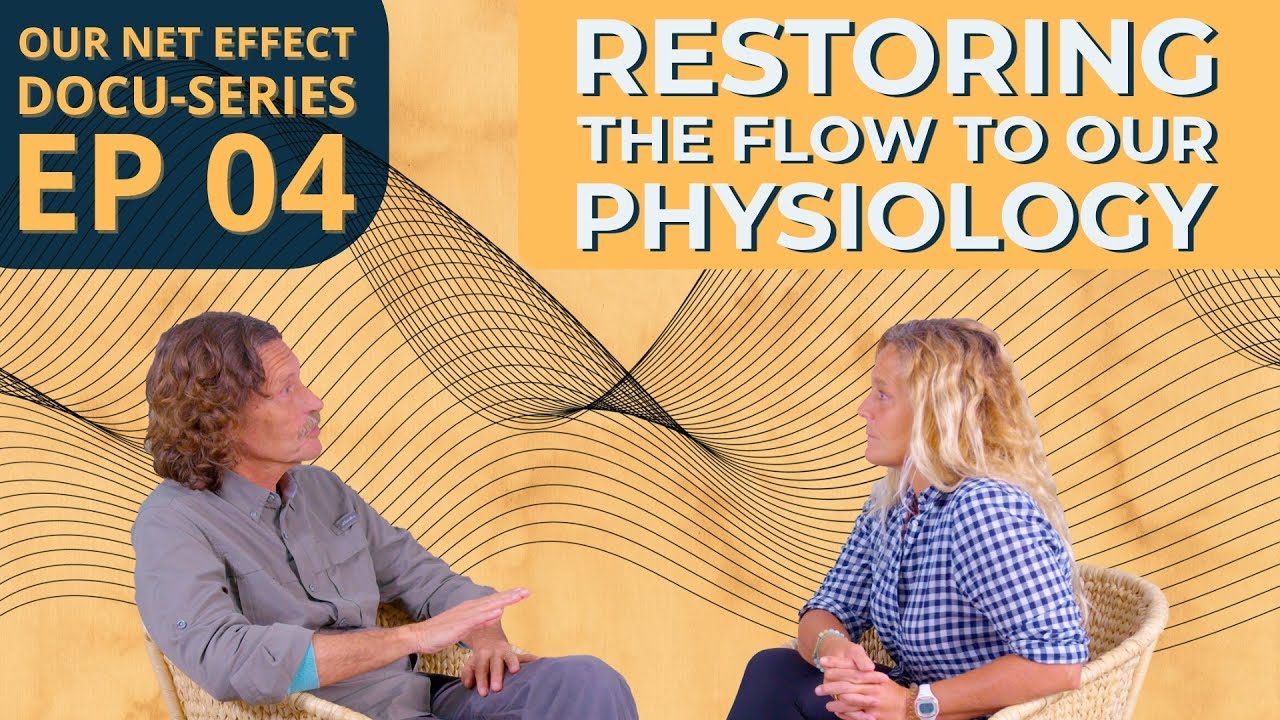
In a world abundant with diverse pathways to health and healing, alternative medicine has increasingly piqued the interest of those professionals seeking a distinctive approach beyond conventional healthcare practices. Despite its burgeoning acceptance, a clear comprehension of the scope and mechanisms of alternative medicine remains elusive to many. By delving into the various components, benefits, and risks associated with alternative therapies—alongside evaluating their scientific validity and regulatory frameworks—we can illuminate their significant role within contemporary healthcare.
Alternative medicine is predominantly characterized by its departure from traditional medical practices, often encompassing unique treatment philosophies and modalities. It includes a broad spectrum of therapies, ranging from mind-body techniques to biologically-based and energy therapies, each offering distinctive approaches to healing and wellness. Terminologies such as complementary and integrative medicine play a crucial role in contextualizing and applying these practices.
This article endeavors to meticulously analyze the intricate landscape of alternative medicine, offering insights into the rationale behind individuals’ choice of these therapies, the associated benefits and risk factors, and the importance of thorough consultation with healthcare professionals. Through this exploration, readers will acquire a nuanced and comprehensive understanding of the place that alternative medicine holds within the healthcare spectrum and its potential implications for personal health management.
Defining Alternative Medicine
Alternative medicine encompasses a range of health care practices and treatments that differ from standard medical approaches. This domain includes natural substances like herbs and supplements, as well as traditional healing techniques such as acupuncture and relaxation exercises. By leveraging these diverse practices, alternative medicine provides health care solutions that function outside of conventional methods. While some people may choose alternative medicine for its perceived natural benefits, others seek it for holistic approaches to wellness that integrate mind and body. These practices often reflect cultural traditions and emphasize a connection with nature or personal well-being. Whether through physical activities like yoga or through the use of herbal remedies, or Neuro Emotional Technique alternative medicine offers individuals various avenues for achieving and maintaining health, often serving as a personalized approach separate from the mainstream medical practices.
Distinction from Conventional Medicine
Alternative medicine differs significantly from conventional medicine, which relies on standardized treatments and medical therapies supported by scientific research. Conventional methods, also known as allopathic or mainstream medicine, include radiation therapy, targeted therapy, hormonal therapy, and other science-based treatments predominately used in hospitals and clinics worldwide. In contrast, alternative medicine utilizes a broader spectrum of practices, such as the use of dietary and herbal supplements, acupuncture, and various mind-body techniques. These alternatives often focus on enhancing wellness and preventing illness through natural or holistic means. Complementary medicine, on the other hand, blends these alternative practices with traditional medical treatments. For example, incorporating yoga with prescription medications to help manage conditions like back pain. This integration is termed complementary therapy and represents a bridging of alternative with conventional approaches, aiming to provide enhanced treatment through varied methodologies within the broader context of medical care.
Terminology: Complementary vs. Integrative Medicine
In understanding the landscape of health care, it is essential to differentiate between complementary and integrative medicine. Complementary medicine involves using alternative treatments alongside conventional medical care. For instance, patients might practice yoga, or Neuro Emotional Technique to help alleviate back pain while also adhering to prescribed medication regimens. This complementary approach allows patients to harness the benefits of both conventional and alternative methods, often leading to a more rounded health experience. In contrast, integrative medicine takes a step further by combining both conventional and alternative approaches into a unified treatment plan. It emphasizes the therapeutic relationship and focuses on the whole person, often including lifestyle modifications alongside traditional medical interventions. Recognizing and understanding these distinctions can empower individuals to make informed choices about their health care, offering a comprehensive view and potentially enhanced outcomes by considering a broader spectrum of medical possibilities.
Categories of Alternative Medicine
Alternative medicine encompasses a diverse range of health care practices and therapies that often differ from conventional medicine. These practices can include the use of herbs and supplements, various mind-body techniques, energy therapies, body-based practices, and whole medical systems. When used alongside standard medical care, alternative approaches are typically referred to as complementary medicine, creating a more integrative healthcare model. Such practices are often sought for their holistic focus, addressing not just the physical, but also the emotional, mental, and spiritual aspects of health. Among the popular alternative treatments are acupuncture, relaxation exercises, yoga, and Neuro Emotional Technique each offering potential benefits alongside standard cancer treatments or other conventional therapies.
Mind-Body Therapies
Mind-body therapies represent a crucial facet of alternative medicine, focusing on the interaction between the mind and body to promote health and well-being. Practices such as yoga, relaxation exercises, emotional support processes and meditation fall into this category, offering not just physical benefits but also mental and emotional support. These therapies are recognized for their ability to alleviate symptoms of various conditions like back pain, by fostering relaxation and reducing stress. In complementing conventional medical treatments, mind-body therapies enable a holistic approach to health, emphasizing the importance of mental peace alongside physical recovery. Patients often integrate these practices to enhance the effectiveness of their overall healthcare.
Biological-Based Therapies
Biological-based therapies involve the use of natural substances such as herbs, vitamins, and other dietary supplements to support health. While the specifics of this category were not outlined in the provided context, these therapies typically aim to utilize the natural properties of these substances to prevent illness or support existing treatments. When combined with conventional medical diagnoses and treatments, biological-based therapies can potentially offer a more comprehensive approach to health. However, it is crucial for individuals to consult healthcare professionals to ensure safety and compatibility with other therapies and medications they may be using.
Energy Therapies
Energy therapies focus on influencing the body’s energy fields to encourage healing and well-being. Common methods within this category include reiki and therapeutic touch, which are employed as complementary practices to conventional treatments like radiation therapy or hormonal therapy. These therapies are non-invasive and often prioritize relaxation and stress reduction, supporting overall health. Practitioners of energy therapies typically integrate these techniques with other complementary and alternative medicine approaches to enhance their effectiveness. Patients exploring energy therapies are encouraged to consider these practices as part of an integrative health plan, ensuring they complement standard medical care.
Body-Based Practices
Body-based practices such as massage therapy, chiropractic adjustments, and osteopathic manipulation play a prominent role in alternative medicine. These techniques aim to reduce stress, promote inner peace, and improve physical and mental well-being. Recognition of practices, like those overseen by the General Chiropractic Council, underscores their integration into alternative healthcare. When considering body-based practices, the effectiveness and safety of these therapies are key considerations. Incorporating relaxation techniques enhances the therapeutic experience, addressing not only physical symptoms but also contributing to mental health benefits. Therefore, yoga emerges as a body-based practice that balances physical postures and mental relaxation, proving beneficial in both preventive health and supportive roles alongside traditional medical treatments.
Whole Medicine Systems
Whole medicine systems are comprehensive forms of alternative medicine that represent entire systems of theory and practice. These systems, though not specified in the provided context, generally include traditional Chinese medicine, Ayurveda, and naturopathy, among others. Such systems provide a holistic approach to healthcare, incorporating a wide variety of therapies, including herbs, dietary practices, and even spiritual and psychological counseling and Neuro Emotional Technique. Emphasizing balance and prevention, whole medicine systems can be used concurrently with conventional medicine to offer a more rounded approach to healthcare. While these practices can provide additional support and comfort, it is important for individuals to remain engaged with their standard medical professionals to ensure comprehensive care.
Reasons for Choosing Alternative Medicine
Alternative medicine encompasses a broad range of health care practices that diverge from mainstream, conventional therapies. It includes the use of herbs, supplements, acupuncture, and relaxation exercises, presenting diverse approaches for individuals seeking different treatment methods. Many people gravitate towards these practices not only to complement standard medical care but also to explore more holistic approaches that align with personal preferences and philosophies. Integration of alternative medicine allows individuals to take greater control over their health care choices and pursue therapies that potentially enhance their overall well-being.
Symptom Management
Alternative medicine offers various practices as potential aids for symptom management alongside standard cancer treatments or other standard medical care. Techniques such as acupuncture, use of dietary and herbal supplements, Neuro Emotional Technique and relaxation exercises — including yoga and meditation — can contribute to managing symptoms, by promoting both mental and physical calmness. These practices are often used in complementary medicine scenarios, where they are combined with conventional treatments to potentially boost efficacy in symptom relief. For instance, incorporating yoga alongside prescribed medications can be helpful in managing conditions like back pain, enhancing the individual’s quality of life.
Enhancing Well-being
The holistic nature of alternative medicine makes it appealing for those looking to enhance their well-being. By incorporating practices such as acupuncture, herbal supplements, Neuro Emotional Technique and various forms of relaxation exercises, individuals can address health concerns from diverse angles. Complementary medicine further broadens this approach by integrating traditional therapies with standard medical prescriptions, providing a more comprehensive healthcare strategy. When these practices are tailored to fit individual needs, they can significantly contribute to improved overall well-being, allowing individuals to maintain balance and harmony in their health routines.
Greater Personal Health Control
Many individuals are drawn to alternative medicine because it offers them a chance to exercise more personal control over their healthcare decisions. Such practices allow patients to be directly involved in selecting and managing their treatment options, creating a sense of empowerment in their health journey. The wide array of treatments, including the use of herbs, supplements, acupuncture, and relaxation exercises, provide choices beyond conventional medical treatments. While traditional methods focus on science-based medicine, alternative approaches open avenues for personalized care strategies, enabling individuals to align their healthcare with personal beliefs and lifestyle preferences.
Benefits and Risks of Alternative Medicine
Alternative medicine encompasses a spectrum of healthcare practices that exist outside the realm of conventional medicine. While it offers various potential benefits, it also carries certain risks due to the lack of comprehensive scientific validation. Enthusiasts of alternative medicine often turn to these practices for a more holistic or natural approach to healing. However, the safety and efficacy of these treatments are often topics of debate within the medical profession. As such, it is crucial for individuals considering alternative medicine to weigh the benefits against the potential risks, and consult healthcare professionals for informed decision-making.
Potential Benefits
Alternative medicine opens up a variety of healthcare options, extending beyond traditional medical practices. It includes a range of treatments such as herbal remedies, dietary supplements, acupuncture, Neuro Emotional Technique and relaxation exercises. These methods can be effective in managing certain health conditions, offering a holistic approach to treatment. For instance, complementary medicine, which combines alternative practices with conventional treatments like targeted or hormonal therapy, often enhances treatment efficacy. One example is integrating yoga with prescription medication for improved back pain management. Given its focus on wellness and prevention, alternative medicine can be particularly appealing to those looking to explore diverse healing methods that align with their personal health philosophies.
Treatment Delays Concerns
One significant concern with alternative medicine is the potential for treatment delays. Relying solely on alternative therapies without adequate evidence of their effectiveness can lead to postponed standard medical care. This delay can result in the progression of medical conditions, potentially diminishing the effectiveness of future mainstream medicine treatments. For diseases that require immediate and targeted interventions, such as in the cases of cancer, prioritizing tested and proven treatments like radiation or standard cancer therapies is crucial. Therefore, individuals exploring alternative medicine should do so with caution, ensuring that it complements and does not replace conventional approaches where evidence strongly supports their use.
Evaluating the Scientific Validity
Alternative medicine comprises a wide array of health care practices ranging from herbal remedies and dietary supplements to acupuncture and relaxation exercises. Unlike standard cancer treatments or other conventional medical practices, these alternative approaches often emphasize holistic care, aiming to harmonize the mind, body, and spirit. Interest in these therapies has grown as patients seek more personalized forms of care. Complementary medicine involves integrating these methods with conventional therapies—like using yoga alongside prescription medication for back pain. The key to understanding and adopting these practices lies in evaluating their scientific validity, thereby ensuring that patients gain safe and effective benefits alongside standard treatments. Neuro Emotional Technique has science based evidence to legitimize it.
Importance of Research and Evidence
Research is crucial in determining the safety and efficacy of complementary and alternative medicine (CAM) practices. Rigorous scientific studies provide the evidence needed to validate or refute the claims associated with therapies such as acupuncture and massage therapy. Such research is essential, particularly because these practices are not always part of standard allopathic medicine, which relies heavily on science-based medicine and conventional methods. Addressing concerns over potential adverse effects of treatments, like dietary supplements or homeopathy, underscores the need for evidence-based investigations. Neuro Emotional Technique is one alternative technique that has published many scientific studies proving it’s validity.
Evaluating traditional practices like Ayurvedic medicine and traditional Chinese medicine requires comprehensive research to see how they fit into modern healthcare. With healthcare costs on the rise, and a growing interest in more holistic treatment methods, understanding the therapeutic benefits of these practices through well-conducted scientific studies is vital. High-quality research can clarify how and when these treatments can be integrated with standard medical care, enhancing patient outcomes.
Ultimately, the integration of CAM therapies into standard medical practice relies on demonstrated benefits supported by strong scientific evidence. For example, the therapeutic benefits of practices such as meditation and yoga must be consistently documented through robust research and Neuro Emotional Technique is well documented. As social media increasingly influences public opinion and healthcare choices, the dissemination of credible, evidence-based information becomes crucial. Informed by research, healthcare providers can better guide patients who are considering CAM therapies alongside their conventional treatments.
Regulation and Marketing Influence
The regulation and marketing influence of alternative medicine are two intertwined aspects that significantly impact patient choices and the healthcare landscape. Alternative medicine, encompassing a wide array of practices distinct from standard cancer treatments and conventional medicine, has gained popularity due to its holistic approach. However, the regulation of these practices is complex and varies across different regions and disciplines, making it crucial to understand how regulatory bodies operate. Additionally, marketing strategies surrounding alternative and complementary therapies influence consumer behavior by shaping perceptions and beliefs about their efficacy and safety. Together, these factors contribute to the growing acceptance and utilization of alternative therapies within healthcare.
Overview of Regulatory Bodies
Regulatory bodies play a pivotal role in governing the use and practice of alternative medicine. In different regions, these organizations ensure that therapies meet certain standards of safety and efficacy, balancing patient safety with the freedom to choose alternative treatments. For instance, in the United States, the National Institutes of Health (NIH) spearheads research in complementary and alternative medicine through the National Center for Complementary and Integrative Health. This agency aims to bring scientific legitimacy to various alternative therapies by funding research and disseminating findings to the public and healthcare professionals.
In the United Kingdom, the General Chiropractic Council regulates chiropractors, ensuring they adhere to specific professional standards. Similarly, herbal medicines and dietary supplements are often overseen by government agencies like the Food and Drug Administration (FDA) in the United States, which mandates that these products meet established safety criteria before hitting the market. Despite these measures, regulation can be less stringent than that of mainstream medicine, often focusing more on safety than on proving effectiveness. This regulatory landscape encourages a cautious approach to alternative medicine while allowing room for innovation and patient choice.
Marketing and Its Impact on Choice
The marketing strategies employed for alternative medicine have a profound impact on consumer choice, often swaying decisions in favor of these therapies. Through the extensive use of social media, advertisement campaigns, and testimonials, alternative medicine is presented as a feasible option alongside standard medical care. Marketing efforts emphasize personal stories of healing and well-being, often overshadowing the lack of rigorous scientific validation that distinguishes many CAM therapies from allopathic medicine.
Such marketing campaigns create a narrative that often contrasts with conventional medical diagnoses and treatments, appealing to those seeking a more personalized approach to health care. The allure of alternative therapies is frequently heightened by claims of fewer side effects compared to radiation and targeted therapies employed in conventional medicine. Additionally, the endorsement of celebrities and influencers can bolster credibility and trust, persuading more individuals to explore these options.
Consumers might prioritize anecdotal evidence over science-based medicine, potentially impacting their health outcomes. Therefore, it is essential for regulatory oversight to expand and for healthcare providers to engage in conversations that help patients make informed choices, balancing complementary and alternative medicine with mainstream medical practices.
Consultation with Healthcare Professionals
Alternative medicine encompasses a range of health care approaches, such as herbal remedies, dietary supplements, and Neuro Emotional Technique that can be used alongside conventional treatments. Engaging with healthcare professionals is crucial when incorporating these alternative practices into your health regimen. This consultation ensures that such treatments are safe and do not interfere with standard medical care, including prescription medications often used to manage chronic conditions like back pain. With guidance from professionals, individuals can effectively integrate alternative therapies such as acupuncture, relaxation exercises and emotional work with standard treatment plans, maximizing their potential benefits. Leveraging professional insight is integral to navigating the complex terrain of combining alternative and allopathic medicine, ensuring patient safety and optimizing health outcomes.
Ensuring Safe Use
While some alternative medicine practices offer various therapeutic options, its practices are not universally effective or safe for all health conditions. The longstanding application of certain techniques does not inherently confirm their safety or efficacy. Moreover, several complementary and alternative medicine (CAM) practices have insufficient research backing, leading to uncertain effectiveness. Without careful consideration, the use of supplements and alternative treatments can pose risks. Hence, individuals should be vigilant and critical when opting for CAM therapies, always prioritizing safety concerns over widespread adoption based on popularity. Neuro Emotional Technique, on the other hand is an exception due to long standing publications of it’s effectiveness and safety.
The Role of Professional Guidance
Professional guidance is fundamental to safely employing complementary and alternative medicine. Reliable health information can be accessed through resources such as the National Center for Complementary and Integrative Health A-Z index, offering a comprehensive overview of alternative treatments. Additionally, investigating potential side effects and cautions on official health webpages provides valuable safety insights. Tools like the Natural Medicines Comprehensive Database are pivotal for obtaining factual health data directly from professionals. By consulting these comprehensive safety webpages, individuals can better understand the possible risks associated with alternative medicine practices, ensuring they make informed decisions under professional supervision, crucial for integrating these therapies with mainstream medical paradigms.







